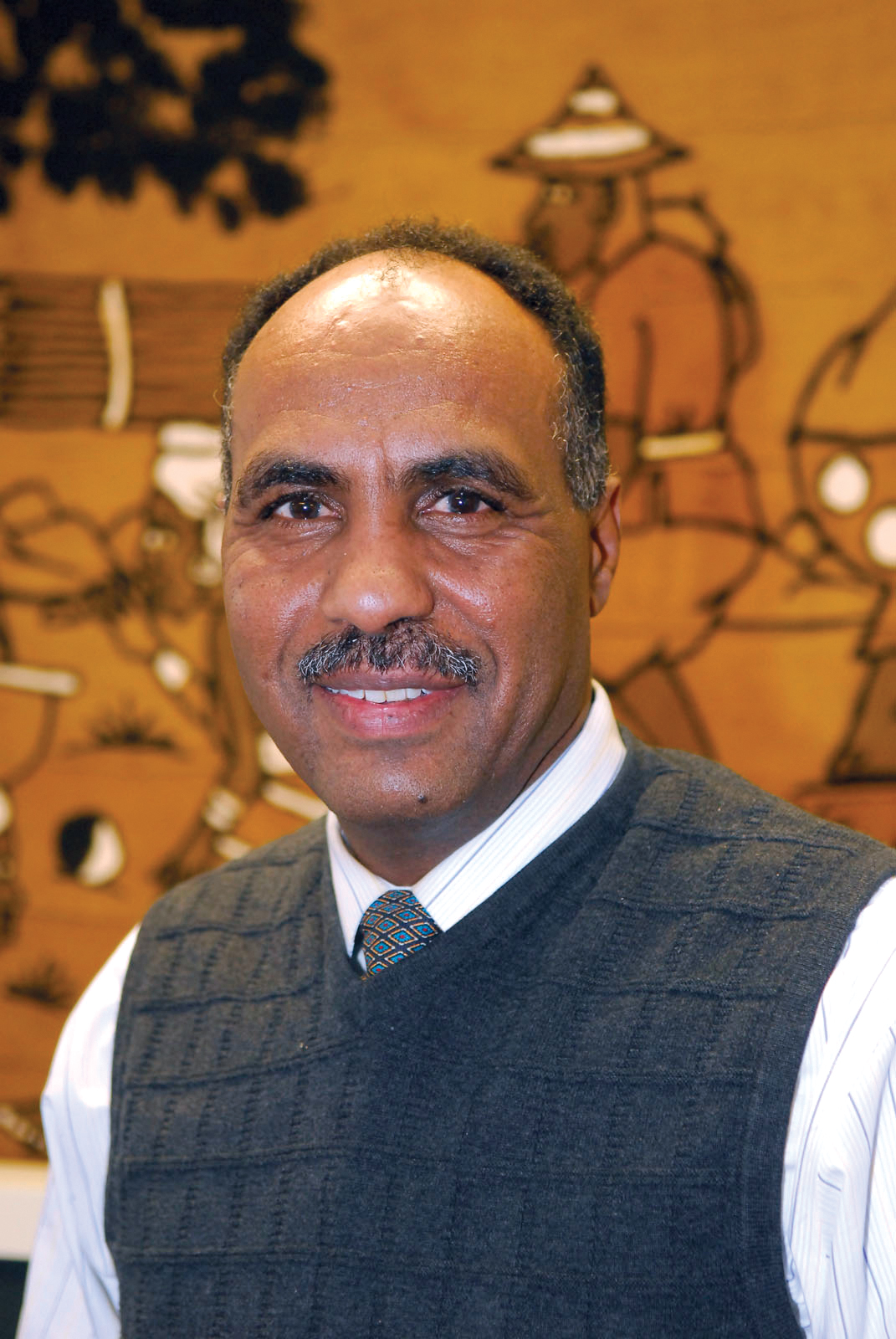FESSAHAYE MEBRAHTU
SPECIAL TO THE CATHOLIC HERALD
The Scripture readings of the Easter Season help us reflect on how early Christians took their faith seriously by living the commands of Jesus to “Love one another as I have loved you.” The Acts of the Apostles narrates how such demands of faith are lived for others to admire, “See how they love one another.”

Fessahaye Mebrahtu
The witness of love attracted people to join the apostolic community. The lifestyle and community living was unusual, almost revolutionary, to the status quo. However, the lifestyle of the new community was an expression of a deeper meaning – a new relationship across traditional boundaries that divided communities by language, ethnicity and regions. They were coming together as equals made in the image and likeness of God. This was a community that took “the fear of God” as its primordial wisdom.
In a capitalist culture, owning property is sacrosanct and “prosperity Gospel” is ordained by the Divine for those God favored. Even owning a human person in slavery as property was interpreted in the same vein as ordained by God. Therefore, egalitarian and equitable lifestyle – “sharing of their goods each according to their needs and no one had unmet needs” – has been considered unnatural and even un-American. We justify hoarding resources, leaving our fellow citizens in abject poverty, depriving their basic needs and degrading their human dignity. Witnessing the lines of people to receive food and seeing parents with children in their hands, to let them go empty handed is an abomination in a country that wastes up to 60 percent of its food.
The faith demands in our time are no different from the apostolic community. The command of love endures forever without favoritism or exclusion of anyone. Our faith demand is on how we respond to such inclusion, looking after our brothers and sisters who are in need. Informed by our faith, we are moved into action, providing a safety net so that no one would be needy in the land of plenty. We are stewards of God’s gift; not hoarders of the riches and resources. Such gains of wealth are, in many instances, the fruits of exploitation and unjust labor practices and impoverishing wages. Even though stating this might be counter to our capitalist culture, it is our prophetic duty to call for equity and justice.
It is risky to be counterculture in any society, especially in the USA, when one brings the question of equity and social justice. There are individuals and entities who interpret these words as anti-American and code words for Chinese-style communism or Cuban totalitarian socialism. Advocating for a social safety net is interpreted as promoting dependency on government welfare, often targeting minority communities as “playing the system.” The scheme is to divide and conquer in order to continue disenfranchising the poor. Color-line and ethnic divides presented as irreconcilable issues are distractive tactics lest the poor of all colors unite and demand for living wages and a life-sustaining lifestyle. Our faith informs us to develop a culture of life – from conception to natural death. If we do not have life-sustaining policies, our “pro-life” slogans become meaningless noise.
COVID-19 has exposed the weakness of our social safety-net system as our political system scrambles to react to a pandemic that caught us off guard. We have ample examples that people died to avoid bone-crushing medical bills. We let people choose between paying for food or medication – too poor to afford both. We exclude the undocumented from accessing medical treatment, risking our own public health, as if contagious disease will distinguish between a legal and illegal person. A nation that prides itself on its Judeo-Christian foundation and fights to display the Ten-Commandments in the public space, is short of recognizing the justice and equity the Hebrew prophets preached. The egalitarian lifestyle the apostolic church lived is the real foundation of our faith; demanding us to love one another as God has loved us.
Fessahaye Mebrahtu is the Director of Black Catholic and Ethnic Ministries for the Archdiocese of Milwaukee.
